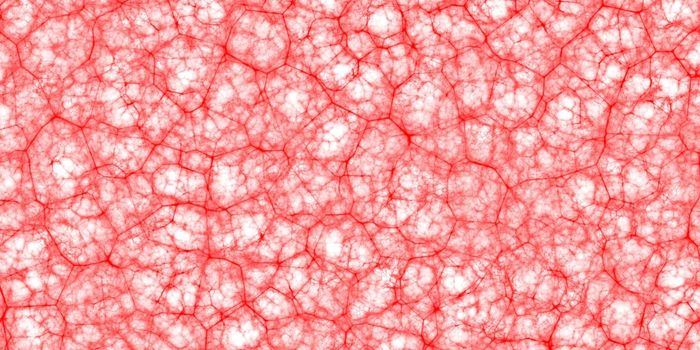Alzheimer Preventing Drug Could Work Like A Vaccine
Researchers at UT Southwestern believe that a protein called ApoE is the primary factor in late-onset Alzheimer's disease. Such conclusion has to inspired the development of a potential ‘vaccine’ drug that may be administered before age 40 for the potential prevention of the disease in about 50 to 80 percent of at-risk adults.
Learn more about Alzheimer Disease:
ApoE stands for Apolipoprotein E which carries fatty substances known as lipids and cholesterol around the brain playing an important role in repair mechanisms. Essentially, a particular subtype of the protein--ApoE4—works by promoting the accumulation of the b-amyloid protein that causes plaques seen in the brains of Alzheimer patients.
"If we can negate the ApoE4 process early, we may be able to prevent late-onset Alzheimer's altogether for many people so that they will never get sick," explains Dr. Joachim Herz, UT Southwestern molecular biologist and Alzheimer's expert.
The ApoE4 protein not only increases plaque formation in the brain but has been confirmed to suppress and trap synaptic receptors within intracellular vesicles. Researchers believe that reversing the effects of ApoE4 via pharmacological and genetic inhibition of a certain protein, NHE6, which is involved in the acidity of endosomal vesicles—will likely prevent the late-onset of Alzheimer’s disease.

A potential new drug targeting the effects of ApoE4 protein could work like a ‘vaccine’ in the prevention of Alzheimer’s disease in at-risk individuals.
Credit: UT Southwestern Medical Center
This novel therapeutic approach has been successful in mice. "The beauty of NHE6 inhibitors is that these are small molecules that can be produced inexpensively and thus made widely available, in contrast to the more elaborate antibody-based therapies that are currently being evaluated in clinical trials. A simple pill could someday neutralize the risk of late-onset Alzheimer's disease just as readily available statins are able to reduce the risk of cardiovascular disease," Dr. Herz said. "Our approach in this study was to stop the overall degeneration process earlier; that is, before the formation of these aggregates.”
Source: UT Southwestern Medical Center








